My TOP 5 Favorite Teas for Fibroids
There are lots of self-proclaimed gurus out there promoting teas to shrink fibroids. However, how do you know which ones are legitimate or just gimmicks?
Well, in this post, we’ll explore some of the best herbal teas for reducing fibroid symptoms and inhibiting fibroid growth.
But let me be very clear: Tea alone will not likely shrink fibroids. However, it can be a great supplement to a fibroid-fighting lifestyle and aid in faster healing.
Fibroid Management Guide
Learn how I completely stopped fibroid symptoms, started having lighter periods and even shrank a large fibroid to half its size.
Herbal tea has become a great addition to my diet for minimizing fibroid symptoms. Many herbal teas promote hormone balance, reduce inflammation and encourage detoxification.
For the most part, I stick to herbal teas without caffeine. Too much caffeine can tax the liver and, in some cases, increase stress hormones that contribute to uterine-related conditions.
My Favorite Teas to Minimize Fibroid Symptoms

1. Red Raspberry Leaf Tea
This tea for fibroids has become a renowned staple for menstrual issues and fertility. It contains several key nutrients that the body needs, including calcium and magnesium. It’s also known to reduce or stop painful cramps associated with fibroids. However, if you already have heavy bleeding, there are some things to note about red raspberry leaf tea. In my experience, red raspberry can increase bleeding. This is likely due to its uterine toning nature. Personally, I drink red raspberry a day or two before my period starts. Then I stop on day 7 to avoid prolonged bleeding or spotting. Your experience may be different. So, you may want to consult a healthcare practitioner when using this one.
2. Mint Tea
One of the main symptoms of uterine fibroids is chronic bloating. Many women also notice other gut and digestive issues. Mint tea is known for easing digestive issues, bloating, and promoting better bowel movements. Drink it hot throughout the luteal phase when digestion can get a little sluggish and bloating worsens.
3. Ginger
Ginger is one of the oldest and most well-known remedies for a number of ailments, including uterine issues. Its pain-relieving properties make it a great addition to your regimen for period pain associated with fibroids. Some Eastern cultures believe that fibroids occur as a result of blood stagnation in the uterus. Ginger promotes better circulation, so there is some belief that ginger helps to reduce that stagnation. Ginger tea can be made by boiling the chopped and peeled root for at least ten minutes in purified water. Add some lemon for a Vitamin C boost.
4. Turmeric
Tumeric has been shown to inhibit the growth of fibroid tumors. This powerhouse root contains a compound call curcumin which has blood thinning and anti-inflammatory properties. I even have a whole post dedicated to turmeric!
Curcumin works well alone, but its absorption is increased when consumed with black pepper. You can, of course, add some black peppercorns to your turmeric tea. Just be prepared for a spicy kick.I prefer to juice turmeric and oranges and add in some black pepper. I find it more palatable than consuming the root as a tea.If turmeric tea is your thing, you can prepare it similarly to ginger root. If you can’t get your hands on turmeric or ginger roots, don’t worry. There are plenty of blends on the market like this one.
5. Green Tea/Matcha
I generally avoid caffeine, but the exception is green tea. In my opinion, the benefits of green tea outweigh the risks of consuming caffeine.
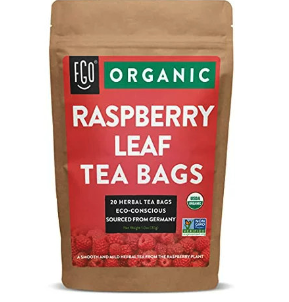
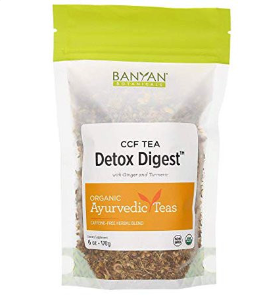
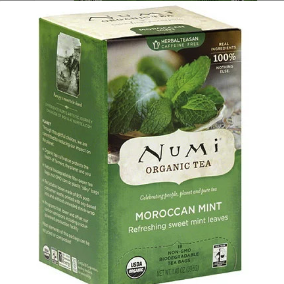
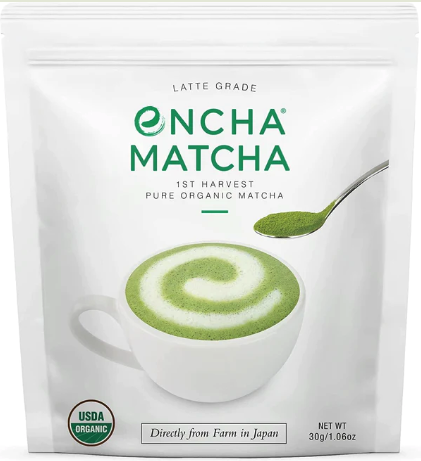
Tips for Choosing Teas
All teas for fibroids are not equal. You can stroll down the coffee and tea aisle at your local grocer and find numerous options, but be aware that some are not as high quality as the packaging might suggest.
Always go for the highest quality tea you can find and afford. Look for teas that are organic and grown without the use of pesticides since pesticides are a source of toxins and endocrine disruptors.
Another thing to be aware of is the tea bags. Tea bags often contain bleach and microplastics and can promote fungal growth within the bag. Again, all of these things can contribute to hormonal issues and are counterproductive.
When possible, choose loose-leaf teas are usually a better option. They tend to provide more benefits and a stronger brew because it’s the entire tea leaf.

Free Cyclical Living Cheat Sheet
Subscribe to get a cheat sheet for learning to cycle syncing.
Make sure your water is safe.
The quality of the water you use is just as important as the tea itself.
If it’s within your budget, I highly recommend investing in a water filtration system. It’s also a good idea to avoid microwaving water because the water molecules may not come to a proper boil. Boil your water on the stovetop or use a kettle for the best results.
Tools for a Great Cup of Herbal Tea
You don’t have to have top-notch tools to create a great cup of tea, but here are a few tools to help you get the most out of your cup of tea.
- A travel mug is to take your top-notch tea blend on the go.
- A reusable tea infuser is an eco-friendly option for steeping your tea in the cup you plan to use.
- Unbleached tea bags work well for steeping your loose-leaf tea on the go.
- A kettle is a convenient way to get a nice even boil on your water.
A tea press is a must-have for your loose teas. I like that after you steep your tea leaves once, you can leave them in the press, put it in the fridge and use the leaves for another steeping.
Tools For a Great Matcha Latte
These help me create the perfect matcha latte every time.
This little set has everything you need for a ceremonial style preparation of your matcha. If foam is your thing, get a hand frother for your matcha lattes. Lastly, a cute ceramic matcha bowl elevates the experience of drinking your delicious matcha.
Pin me for later:

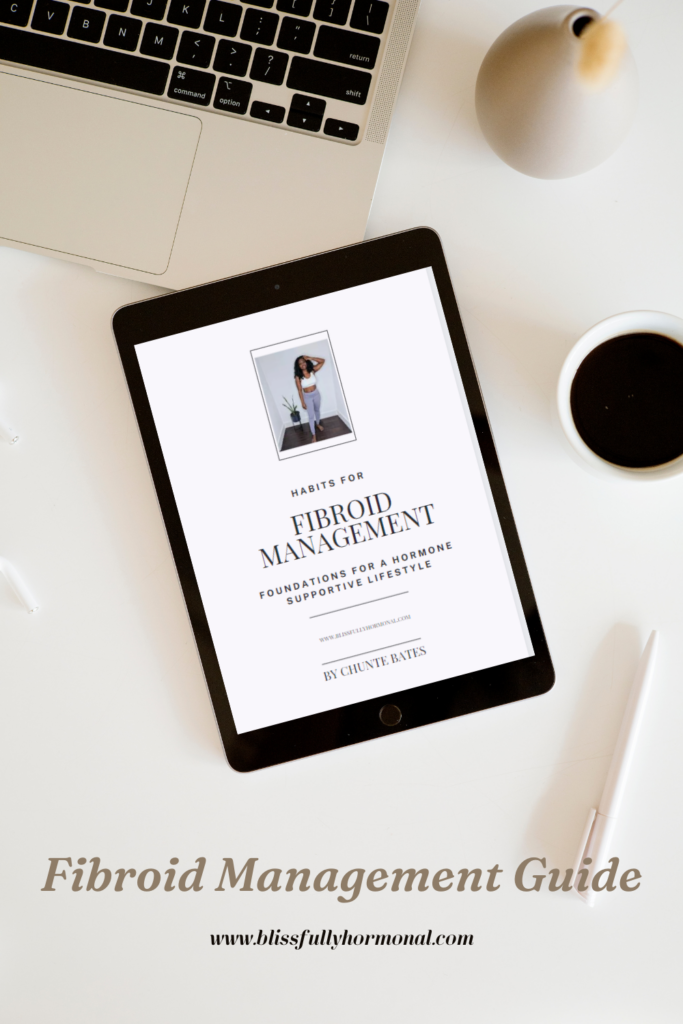








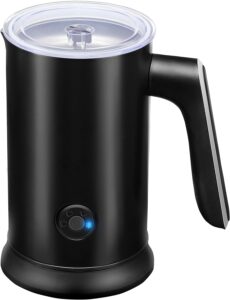
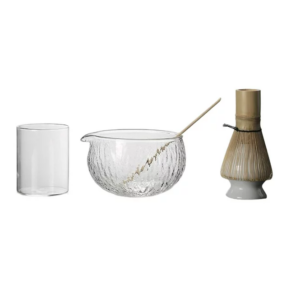
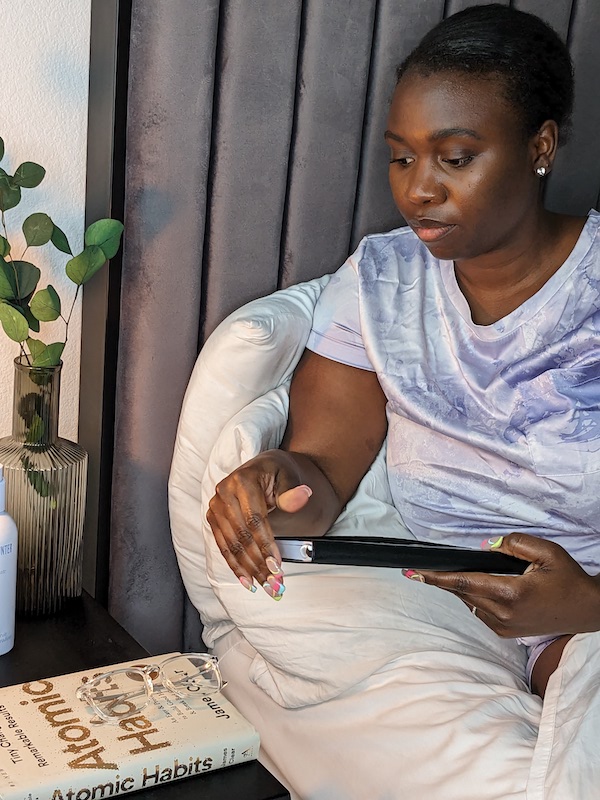

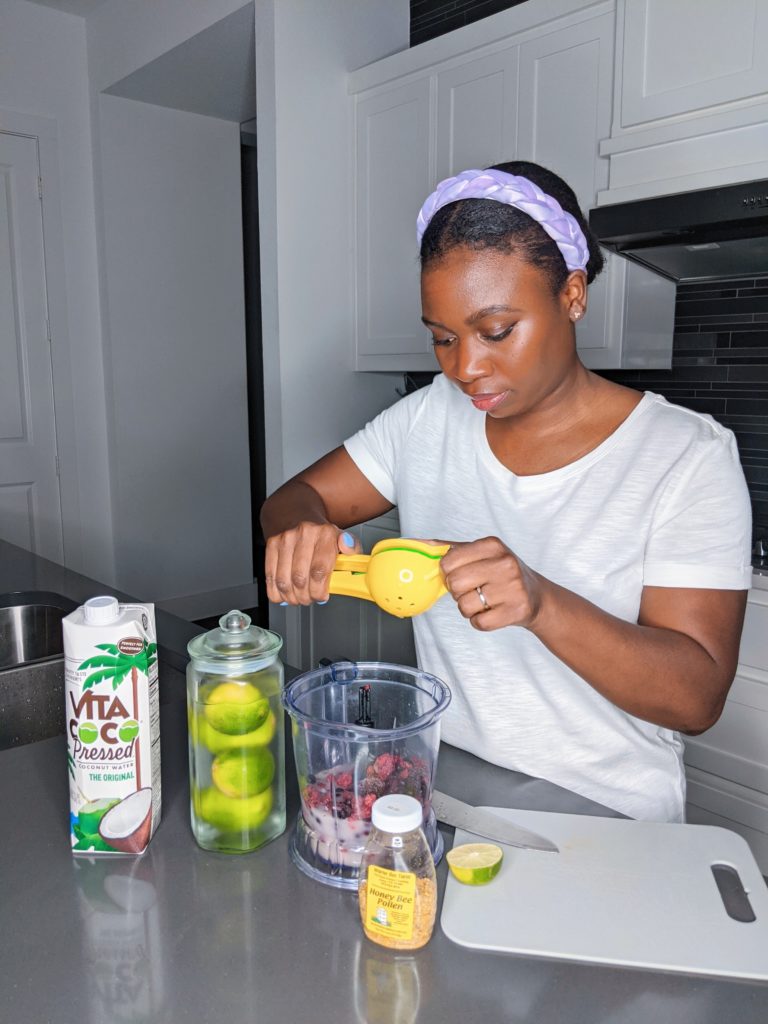
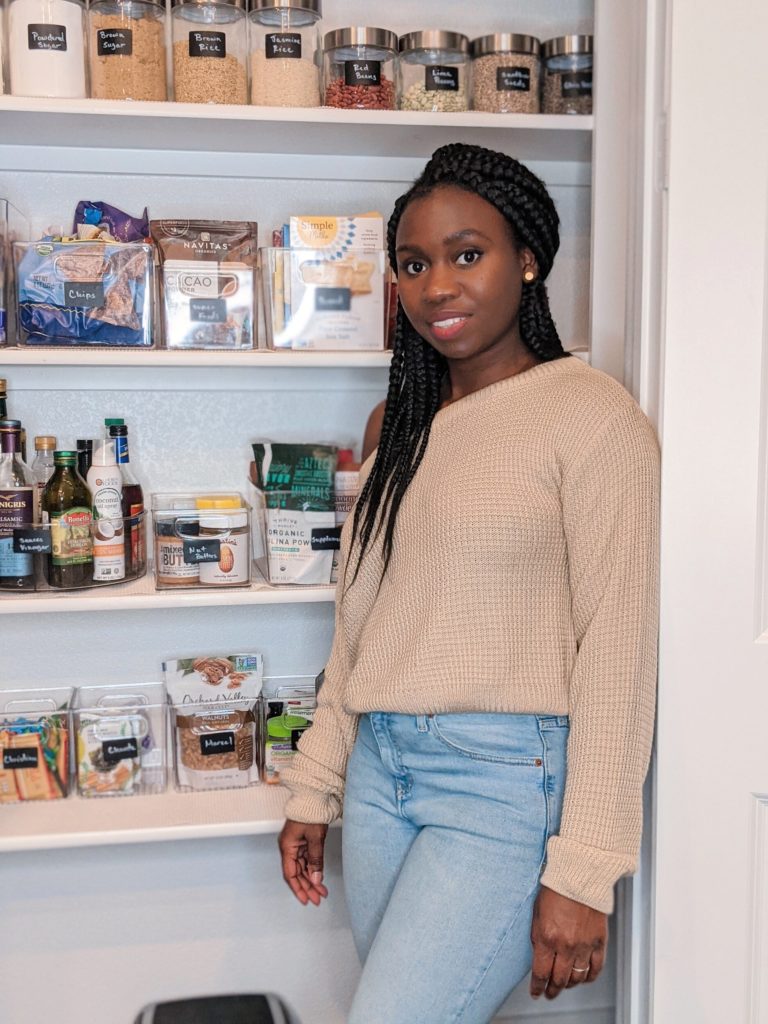
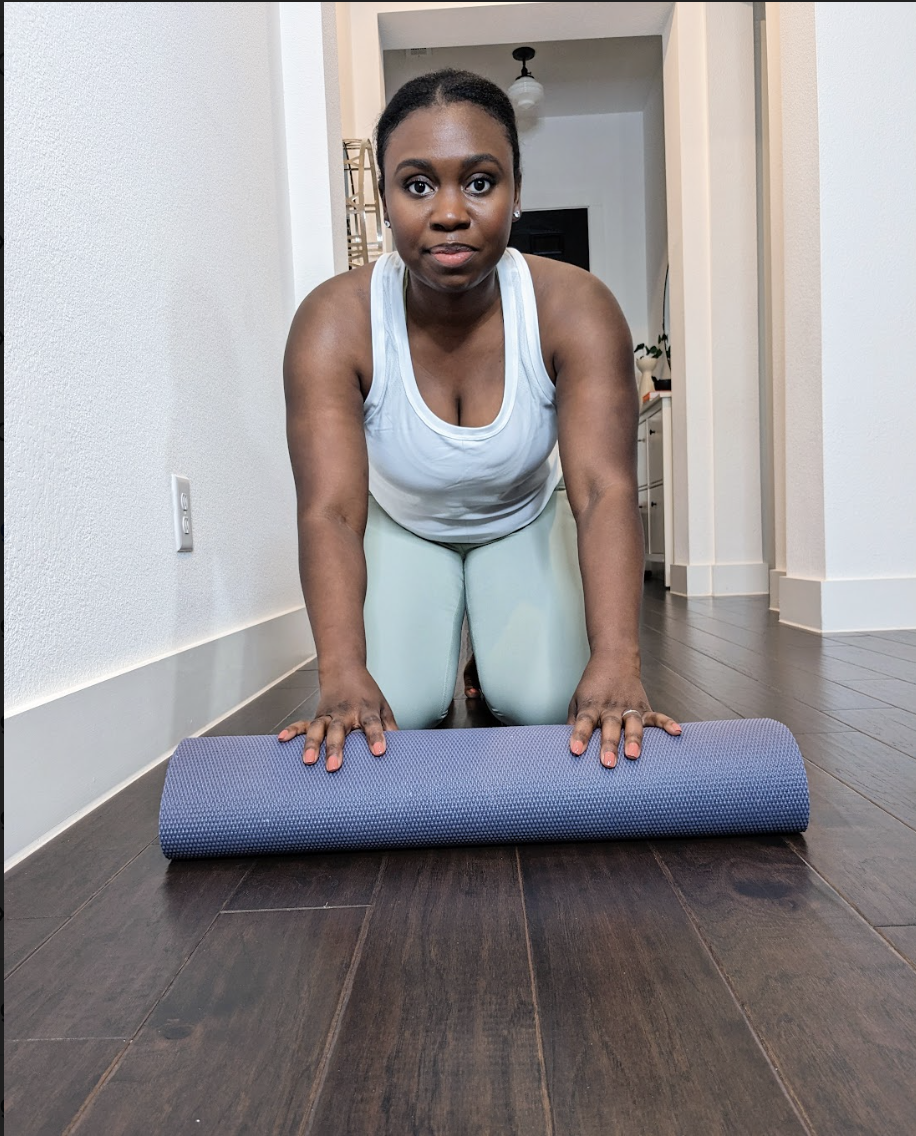

Thanks for sharing this. I love ginger anything and take turmeric in pill form regularly for inflammation.
Yes! They both have been shown to reduce and restrict fibroid growth so I try to consume both as often as possible.
Thank you for sharing! I love natural remedies 🙂